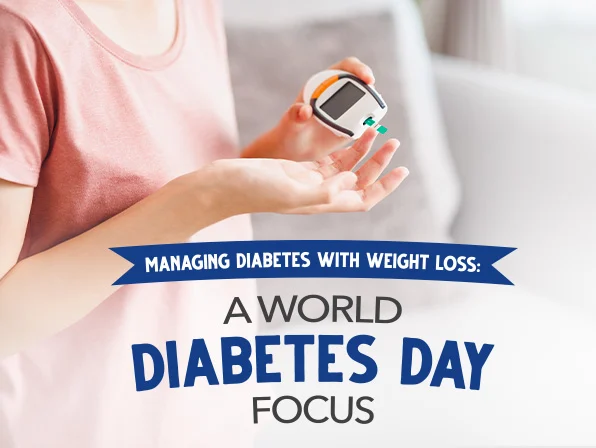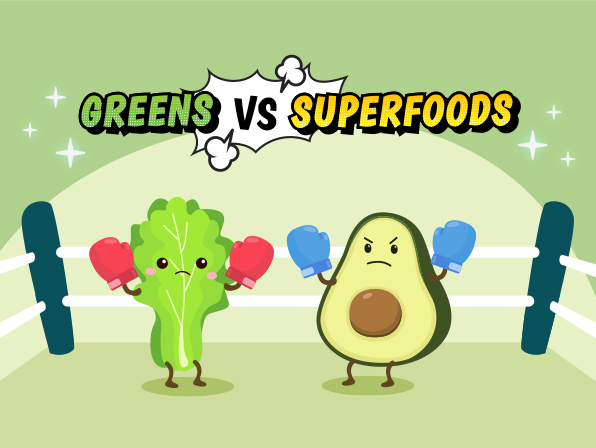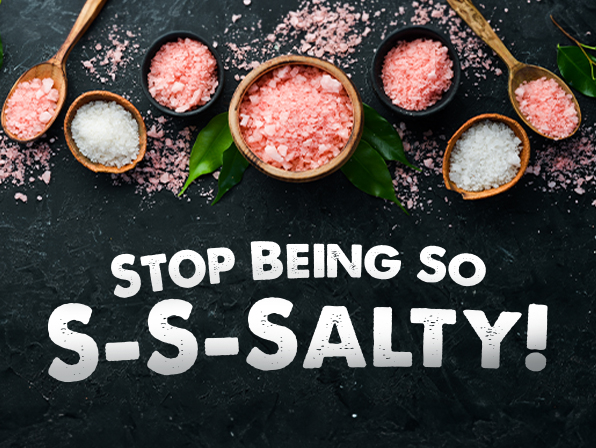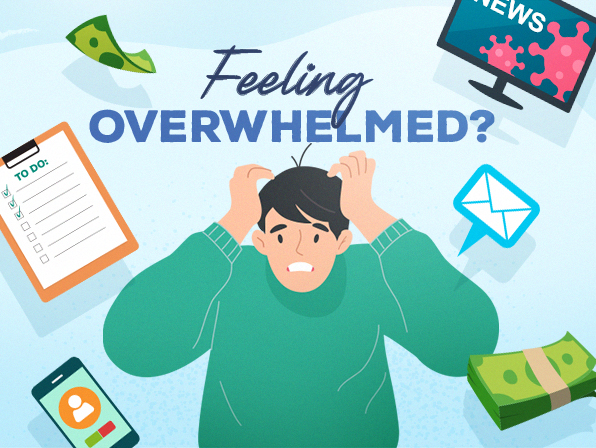Glucose
Glucose is the simplest form of carbohydrates and the main sugar found in our blood. It is basically the body's main source of fuel.
The amount of glucose consumed from our daily diet has an impact on our blood sugar health hence moderation is key. When carbohydrates are consumed, our body breaks it into glucose which then enters the blood stream to provide energy throughout the body. However only with the help of insulin will the blood sugar level be regulated. Unfortunately for individuals with diabetes, their body lacks insulin or the insulin produced by their pancreas are unable to bring down blood glucose levels efficiently. This condition has been linked with causes such as poor diet, sedentary lifestyle and being overweight.
Hypoglycemia is when the blood glucose is too low, and this can result in fainting. If it is too high, it can damage nerve cells and cause blindness and kidney issues.
Apart from monitoring our sugar intake from drinks and desserts, we also need to be mindful about the carbohydrates that we eat as they get broken down into glucose. In Asia, it is challenging to shun from the staples such as rice and noodles. Therefore, some carbs alternative are available in the market. They are often made from konjac root/glucomannan that is low-calorie, rich in fibre that promote feeling of fullness and minimal impact on blood sugar.
Stay Inspired with Health Trends

8 Tips For Building Mental Resilience In Your Child

7 Amazing Facts About Women

How Burned Out Are You?

Dozing off at Work? 😴

Managing Diabetes with Weight Loss: A World Diabetes Day Focus

Ate And Left No Crumbs: 6 Simple Weight Loss Tips

Break Free from Weak Bones

Small Bite, Big Threat: Fight Dengue with Confidence

Count Celebrations, Not Calories This Mid-Autumn Festival!

From Fat Burning to Detox: 5 Benefits of Apple Cider Vinegar

Cracking The Food Coma Code

Keep Cool and Carry On!
In Singapore, the National Climate Change study predicts that the daily average temperature may rise to a sweltering 36.7 Degrees Celsius by the end of the century1

Give Your Brain A Good Headstart!

Greens Vs Superfoods

How Much Is Too Much Salt?

Maximise Your Workout

FREE RADICALS – YOUR INVISIBLE ENEMY
